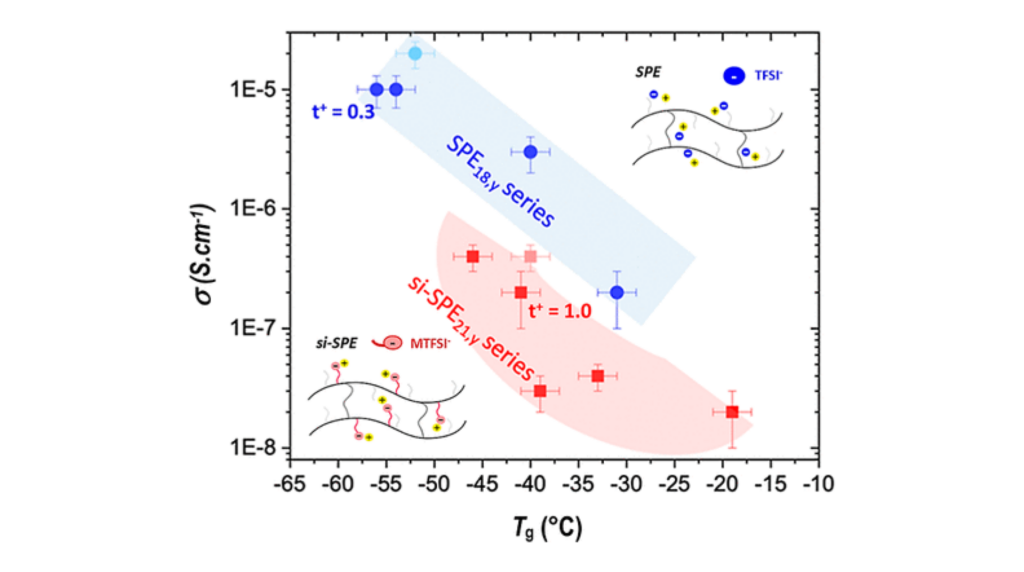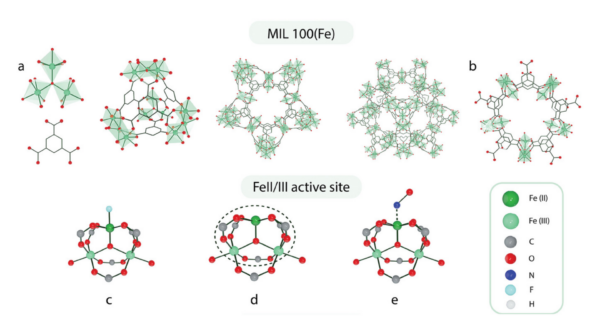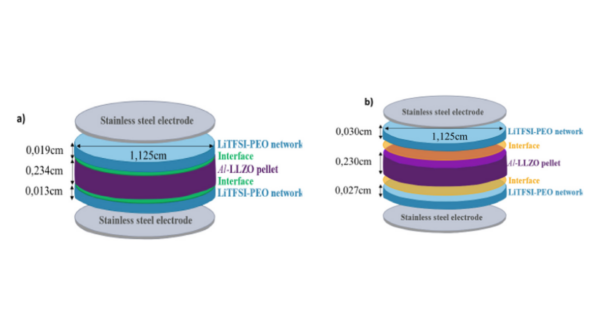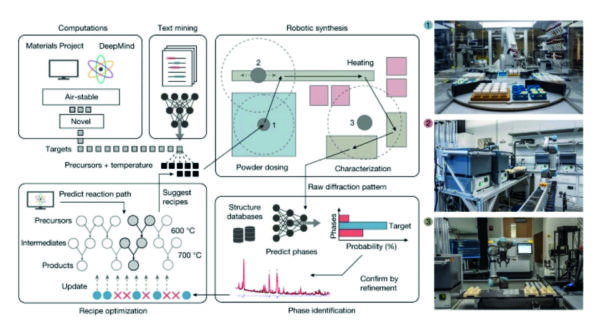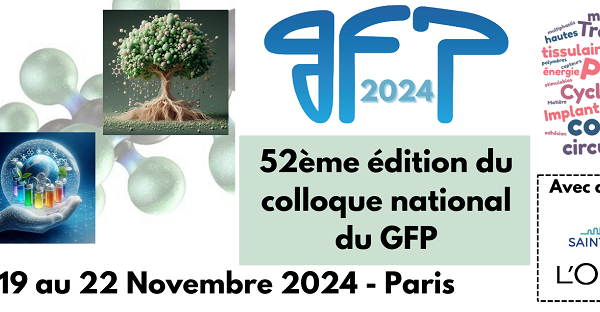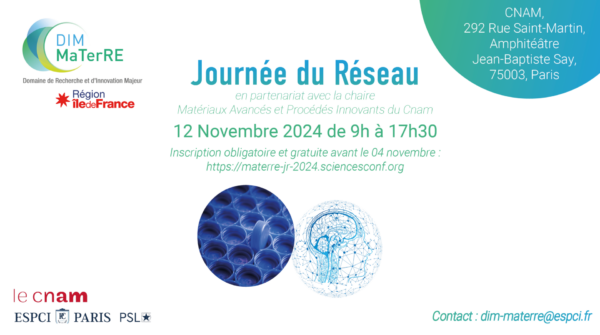Correlation between Ionic Conductivity and Mechanical Properties of Solid-like PEO-based Polymer Electrolyte
Poly(ethylene glycol) methyl ether methacrylate polymer networks (PEO-based networks), with or without anionic bis(trifluoromethanesulfonyl)imide (TFSI)-grafted groups, are promising electrolytes for Li–metal all solid-state batteries. Nevertheless, there is a need to enhance our current understanding of the physicochemical characteristics of these polymer networks to meet the mechanical and ionic conductivity property requirements for Li battery electrolyte materials. To address this challenge, our goal is to investigate the impact of the cross-linking density of the PEO-based network and the ethylene oxide/lithium ratio on mechanical properties (such as glass transition temperature and storage modulus) and ionic conductivity. We have synthesized a series of cross-linked PEO-based polymers (si-SPE for single ion solid polymer electrolyte) via solvent-free radical copolymerization. These polymers are synthesized by using commercially available lithium 3-[(trifluoromethane)sulfonamidosulfonyl]propyl methacrylate (LiMTFSI), poly(ethylene glycol)methyl ether methacrylate (PEGM), and [poly(ethylene glycol) dimethacrylate] (PEGDM). In addition, we have synthesized a series of cross-linked PEO-based polymers (SPE for solid polymer electrolyte) using LiTFSI as the ionic species. Most of the resulting polymer films are amorphous, self-standing, flexible, homogeneous, and thermally stable. Interestingly, our research has revealed a correlation between ionic conductivity and mechanical properties in both the SPE and si-SPE series. Ionic conductivity increases as glass transition temperature, α relaxation temperature, and storage modulus decrease, suggesting that Li+ transport is influenced by polymer chain flexibility and Li+/EO interaction.


